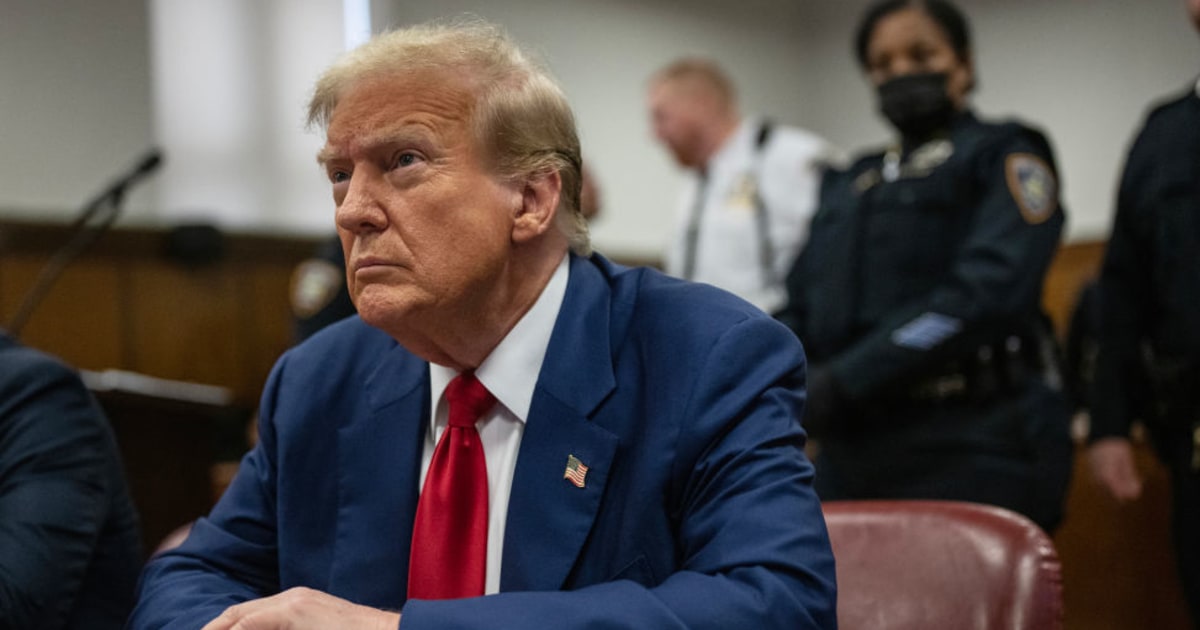The historic trial against Donald Trump for allegedly falsifying financial records is approaching its final stretch with closing arguments, jury deliberation, and a potential verdict following over four weeks of testimonies from about twenty witnesses. The trial centers on accusations that Trump orchestrated hush money payments during the 2016 presidential election to suppress unfavorable news about a purported affair with adult film actress Stormy Daniels.
The prosecution will detail how the financial records and witness testimonies establish Trump's direct involvement in the payments scheme, emphasizing the credibility of Daniels and Trump's former personal lawyer, Michael Cohen. Cohen, who has already admitted guilt to federal charges related to the payment, asserts that Trump authorized the $130,000 payment to Daniels.
Defense attorneys, who rested their case after calling only two witnesses, aim to discredit key testimonies and argue that the payments were meant to protect Trump's family from embarrassing stories rather than to influence the election. The defense needs only to convince one juror of reasonable doubt to avoid a conviction, attacking Cohen’s reliability and distancing Trump from the reimbursement mechanics.
This week, prosecutors will try to weave weeks of complex testimony and evidence together during their closing arguments, making a case for Trump's guilt on 34 felony counts of falsifying business records. They are expected to use visual aids to help jurors recall crucial evidence. After the defense’s closing arguments, Judge Juan Merchan will provide detailed legal instructions to the jury before deliberations begin.
The jurors, encountering this vast array of evidence, will deliberate in secrecy, with no specified timeline for reaching a verdict. They can communicate with the court for clarifications or re-readings of testimony, which could affect their decision-making process. To convict or acquit, all 12 jurors must agree unanimously. If they are unable to reach a consensus, the judge might declare a mistrial.
Trump's team has made various requests concerning jury instructions, arguing that the types of payments in question are not inherently illegal and pushing for an acknowledgment of the case's extraordinary significance. However, such requests were largely dismissed by Judge Merchan, who insisted on sticking to standard legal instructions.
Ultimately, the prosecutors' strategy revolves around presenting the numerous accounting documents and witness testimonies in a cohesive narrative. The defense will leverage Cohen's past dishonesty and Trump's relative distance from the payment operations to cast doubt on the prosecution’s case. As the trial wraps up, the final arguments from both sides will not only aim for a favorable verdict but also leave a lasting impression from this historic trial.
- Prosecutors are expected to highlight how Trump's direct involvement is evidenced not just by witnesses but also by an array of documents, including invoices and checks that trace back to him. They argue that even if witnesses like Cohen have questionable credibility, the documents speak for themselves and build a compelling case.
- The defense, for its part, aims to portray the hush money payments as personal affairs unrelated to campaign activities, stressing that Trump was more interested in protecting his reputation and family.
- If found guilty, Trump could potentially face up to 20 years in state prison, though the judge could choose to impose a lesser sentence like probation. The severity of the trial underscores the broader implications for Trump's political career and future presidential aspirations.






